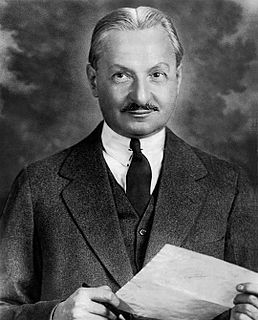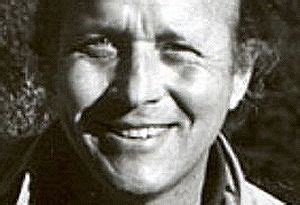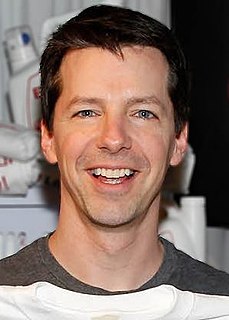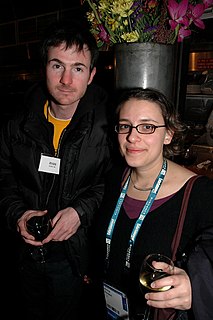A Quote by Scarlett Johansson
Well, you put a little piece of yourself into every character that you do. Even if you're playing some psychotic person, which of course I'm not, some part of you is in that character and it's hopefully believable. I always come back to the fact that my own instinct is better than something I build in my mind.
Related Quotes
When you are writing, you have to love all your characters. If you're writing something from a minor character's point of view, you really need to stop and say the purpose of this character isn't to be somebody's sidekick or to come in and put the horse in the stable. The purpose of this character is you're getting a little window into that character's life and that character's day. You have to write them as if they're not a minor character, because they do have their own things going on.
Every thought which enters the mind, every word we utter, every deed we perform, makes its impression upon the inmost fiber of our being and the result of these impressions is our character. The study of books, of music, or of the fine arts is not essential to a lofty character. It rests with the worker whether a rude piece of marble shall be squared into a horse-block or carved into an Apollo, a Psyche, or a Venus di Milo. It is yours, if you choose, to develop a spiritual form more beautiful than any of these, instinct with immortal life, refulgent with all the glory of character.
One of the great myths in America is that sports build character. They can and they should. Indeed, sports may be the perfect venue in which to build character. But sports don't build character unless a coach possesses character and intentionally teaches it. Sports can team with ethics and character and spirituality; virtuous coaching can integrate the body with the heart, the mind, and the soul.
Becoming the character you are playing might work for some, but for me, it doesn't. I always maintain a gap between myself and my character because if I will go so deep into it, it will get difficult for me to come back. You should work towards understanding the psyche of your character and then play it.
The problem is if you play enough of parts in films that are sort of more financial products than anything or films in which the girl is a thankless, thoughtless, underwritten character along the way, you're no longer the person who had something fresh or vital to offer. I think it really does start to diminish some part of you, to put yourself through things you don't really want to be doing.
As an actor you bring some of your own experiences which can make things easier. You build off of it, but your imagination is always the best thing you have as far as creating things I think specifically for what that character is going through. But you're definitely drawing obviously upon things that you can connect to, and then you kind of mold the change that you're making into something that's right for the character.
When writers don't know what to do with a character, they build up the supporting cast and universe to kind of hide that fact. After a while, you can no longer see the character for the underbrush. When that happens, you need to bring out the weed-whacker to clear some of that away so you can focus on the main character.
Never open your story with a character thinking, I advise my students. As a further precaution, don’t put a character in a room alone – create a friend, a bystander, a genie, for God’s sake, any sentient creature with whom your main character can converse, perhaps argue or, better yet, engage in some action. If a person is out and doing, it’s more likely that something interesting might happen to her or him. Shut up in a room with only his thoughts for company well, that way lies fictional disaster.




































